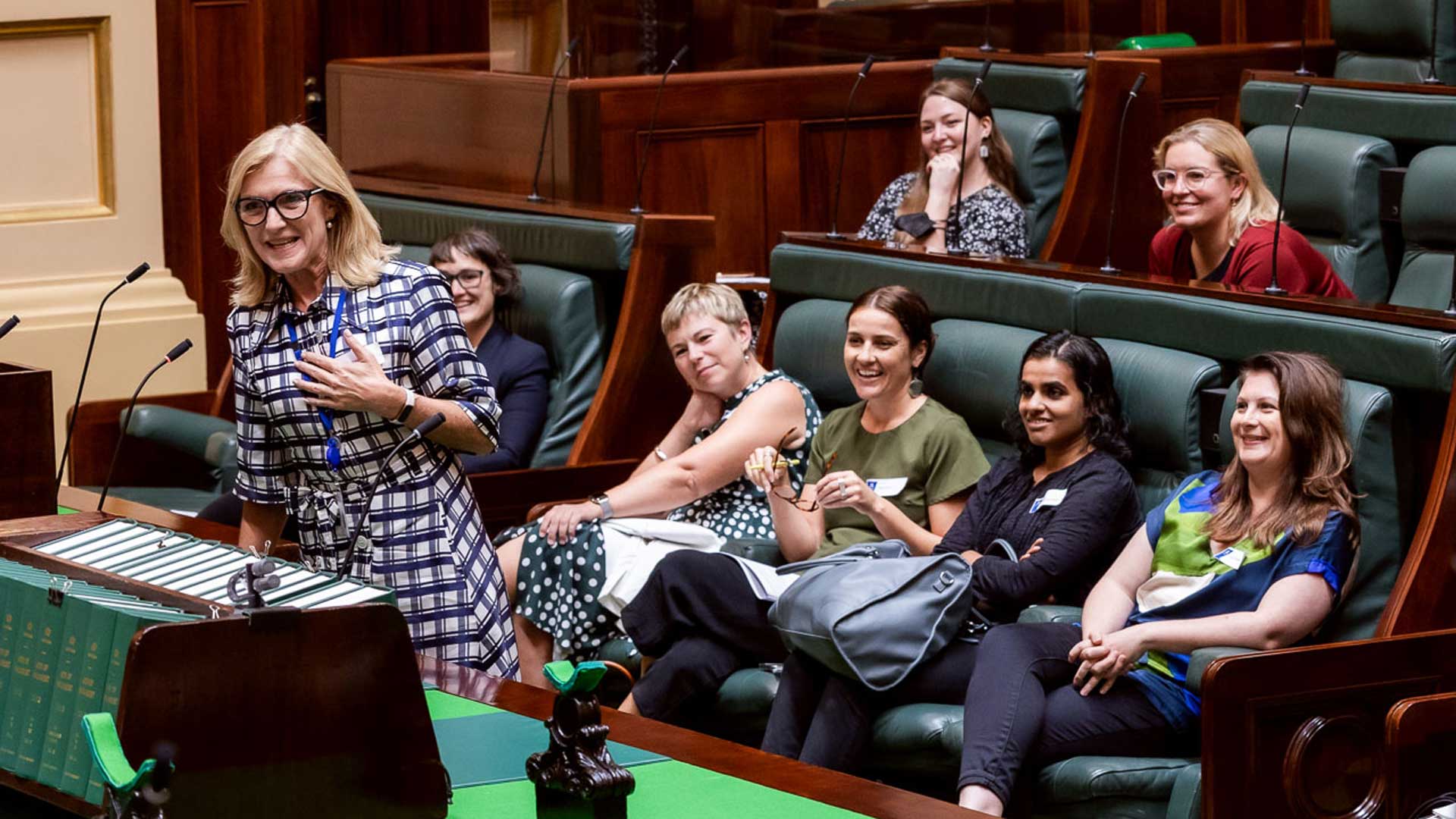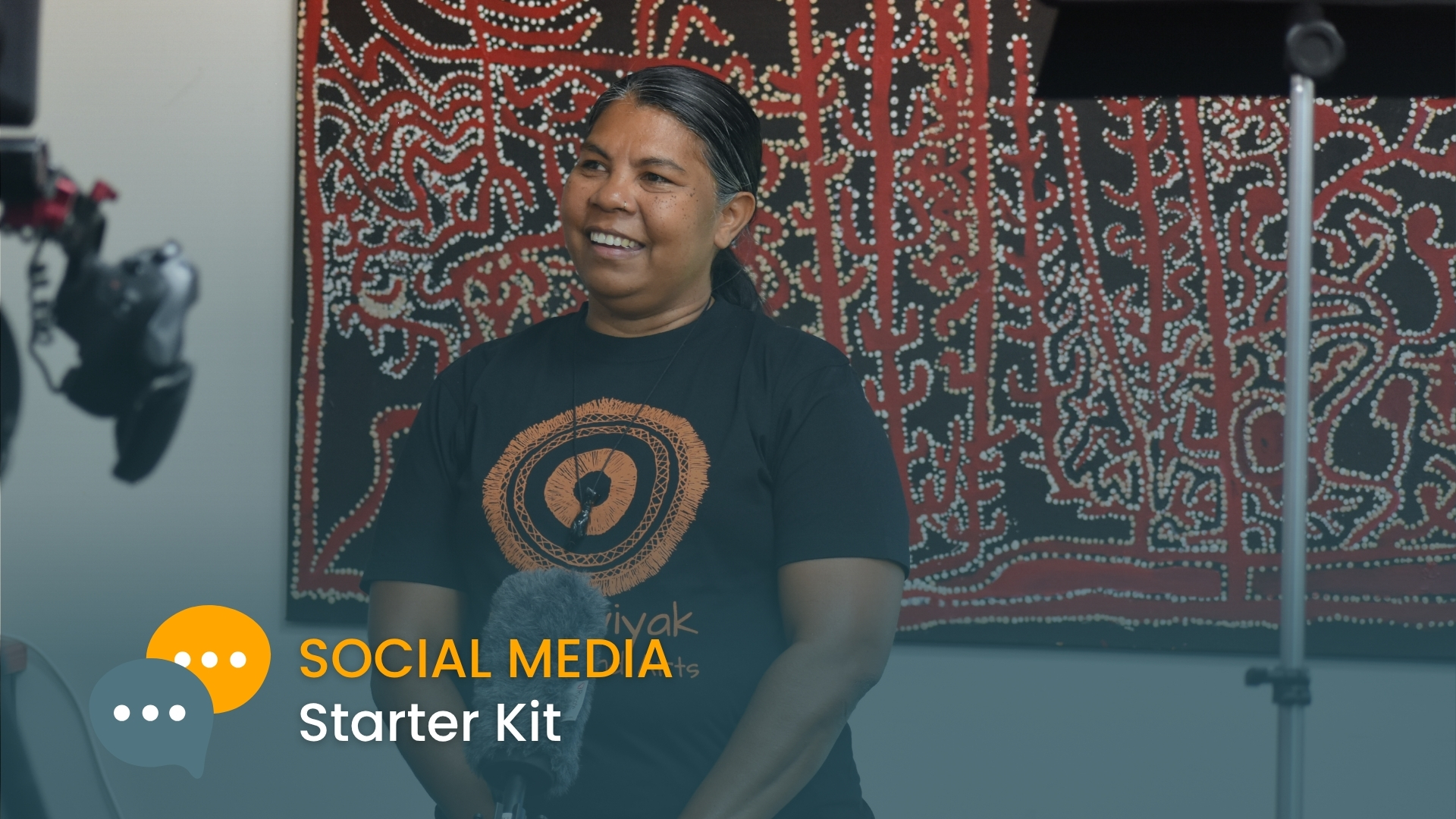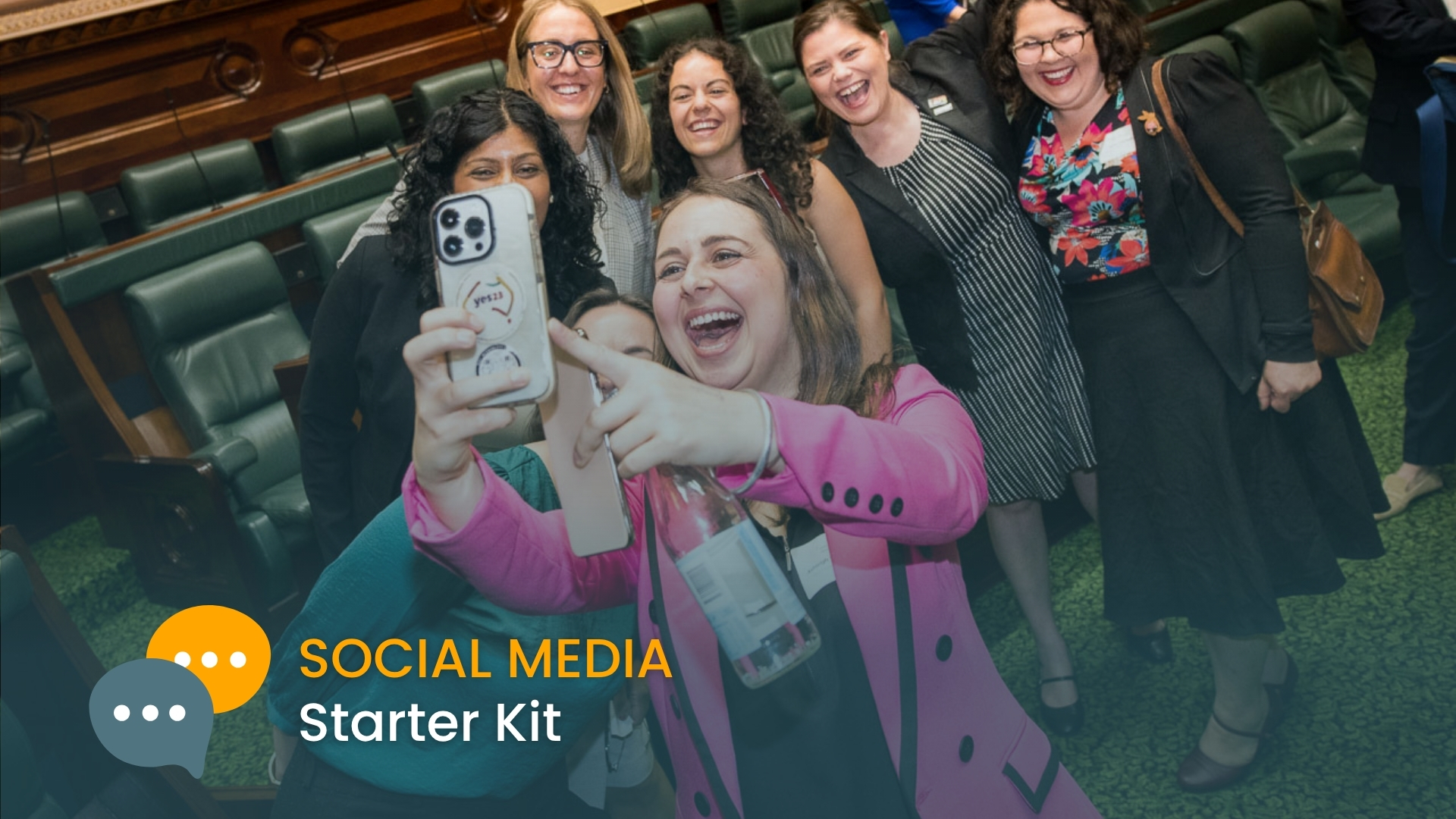Speechwriting tips from Joel Deane – part 2 of 2
If you’re reading this blog you’re ready to write your stump speech.
That means you know what a stump speech is. You’ve read my previous blog about five things to consider before you write your speech.
You know the who, where, what, how, and why of your candidacy. You know the right words to say and the right way to say those words. And you know the one thing you want people to know and care about after they’ve heard you speak.
Terrific. Well done.
Now, with all of that in mind, here are 10 tips for writing that might help you nail the first draft of your speech.
1. You Are What You Read
Reading is like food. Or exercise.
It feeds your mind and gets it in shape.
The more you read the stronger your mind will be. And, just like jumping between running and swimming, the more widely you read the more cognitive muscles you will develop.
This matters because reading and writing are linked.
If you’re not reading, or only reading one type of writing (such as reports or briefing documents) your writing will be anaemic.

It won’t have the verve that comes when we’re constantly challenged by new ideas and new ways of expression.
My point? To write well you must read well.
That means read non-fiction, fiction and poetry. Read people who have a different background to you. Read people you disagree with. Read and keep reading – moving from book to book without stopping. (By the way, if you don’t like a book it’s not like your vegetables. You don’t have to finish it. Find another book.)
And, when you’re reading, have a pencil in your hand and mark up or write down the things that create a spark. It might be something you think is really right. Or wrong. It might be the way the author has said something.
The reason I want you to do this is that you need to read with purpose if you want to write with purpose.
Put it this way: if writing is performance, reading is rehearsal.
2. Know Your Audience
The first thing you should do before you write anything – including a speech – is find out who the audience is.
Are they room of unionists or economists? Members of a political party (like a preselection panel) or the general public? A gathering of law enforcement officials or a climate change protest? A luncheon to discuss the MeToo movement or the need to keep national parks open for recreational four-wheel driving?
The story you’re telling won’t be different. You’re not going to tell different things to different people. But you might want to emphasise different parts of your story to different people.
You might also – depending on the audience – want to do some homework about what the audience expects of you.
For example, if I was addressing an industry association that was lobbying for the adoption of nuclear power there’s a pretty good chance they’re pro-nuke. There’s also a good chance they’ll ask me about nuclear power.
Personally, I’d be happy to talk to the nuke group. And not because I support nuclear power. I don’t. I’d want to talk to the pro-nuke people to learn about their position (which will either help me strengthen or moderate my own position) and strongly put my view to them.
My point is this: you don’t have to give an audience what they want or expect. But it’s a very good idea to understand what they want or expect. And why.
3. Be Prepared
This is the next step after you have a handle on your audience.
Your next step is to understand the circumstances under which you will be speaking to that audience.
Is it inside or outside? If it’s outside will it be hot or cold? Wet or dry? Will there be a lectern or a microphone? Will I be able to read a prepared speech or will I have to speak extemporaneously? Will people be standing or sitting? Will I be the only speaker or the last of ten speakers?

I ask questions like this for every speech I write.
Why?
It’s not a good idea to write a 40 minute lecture if you’re talking to a group on a Friday night who are standing in a foyer having cocktails after a three day conference.
Likewise, it’s not a good idea to deliver a light, amusing five-minute after-dinner address to a Parliamentary Committee.
You have to do as much preparation as is necessary to understand the context and circumstances of the speech you’re writing or delivering.
For instance, I’ll often visit a venue and even stand on the stage to get a feel before I write a big speech.
4. What You Leave Out is As Important as What You Leave In
When I’m writing a speech for someone I usually ask them this question: What is the one thing that you want the audience to come away with?
One idea. One lesson. One feeling. One proposition.
Not one of each. Just one of all of those things.
The reason I do that is because a speech should be like an essay – and I mean that in the original meaning of the word ‘essay’. A speech should be an assault.
You want to take the audience by surprise and sweep them away with your story – all of which leads to that One Thing.
If you try to say everything, you will say nothing.
But everything you take out of your speech will intensify that which remains – clarifying your story and creating more room for you to make an impact.
5. It’s Spoken Word
Hearing is different to reading.
If I’m reading an essay I can loiter over a sentence or paragraph, underlining and rereading whatever I want. I can’t do that if I’m hearing a speech.
Speeches are ephemeral. The speaker says something and, if you don’t understand what they’re getting at, too bad, now they’re saying something else.
It’s easy, therefore, to lose an audience.

Think about that when you’re writing you speech.
I’m not saying that you should dumb down what you’re saying. What I am saying is that you need to work harder to ensure that you are expressing yourself in a clear, concrete way.
6. Tell a Story
One of the best ways to express yourself in a clear, concrete way is to tell a story.
That’s what Jesus did. His parables are clear, concrete life lessons that have been carried down the generations because they are portable enough to stay in our minds.
The most memorable speeches are often little parables.
7. Don’t Try to Sound Smart
‘Voice’ is one of those things that writers are meant to have.
That means they have an identifiable way of expressing themselves.
Your speech should have a voice, too. Your voice.
When you’re writing, don’t try to write in a way that you think people expect you to speak. Think of the way you express yourself when you talk to your friends and family. That’s the voice I want you to write in.
It’s silly to try and sound smart.
8. Short is Sweet
The importance of a speech is not measured by its weight in words. If it’s remembered it’s remembered by what is said, how it’s said, who it is said by, and who it is said to.
Take Abraham Lincoln’s Gettysburg address. That speech is less than 300 words.
People speak at around 100 words a minute. That means he spoke for, at most, three minutes.
A short speech is not inconsequential. Every speech matters. And you never know which one will define you.
Also, resist the urge to speak for as long as possible.
Instead, say exactly what you need to say and not one word more.
9. Check Everything
I have made two significant errors in my time as a speechwriter.
Both of those errors came about because I didn’t triple-check my facts. On both occasions I was given the wrong information but that didn’t matter. It was my speech, therefore it was my fault.
You are responsible for everything.
10. Illustrate Your Points
Let me illustrate the importance of tip No. 3 (Be Prepared) with an embarrassing story.
When I was a baby speechwriter I was invited to deliver a speech about writing to a high school.
I was busy that week. Very busy. So busy I had no time to write a speech or find out what they expected me to talk about.
Consequently, I found myself jotting down some lame thoughts in my notepad in the taxi to the high school. But, when I arrived, the teacher introduced me to the assembly and said I would be talking about a subject other than the lame thoughts I’d jotted in my notebook.
Needless to say, my address was appalling. It was one of the most embarrassing experiences of my writing life.
The moral of the story: be prepared or suffer my fate.
Good luck with your speeches.

About the author
Joel Deane is an award-winning poet, novelist, journalist and speechwriter.
Joel has worked in Melbourne and San Francisco as a journalist, lectured on the use of public language, penned reviews and essays for Australian Book Review, and written speeches for numerous past and present Labor politicians, including Julia Gillard, Bill Shorten, Steve Bracks and John Brumby.
Joel has published one non-fiction book, Catch and Kill: The Politics of Power (2015); two novels, The Norseman’s Song (2010) and Another (2004); and three collections of poetry, Year of the Wasp (2016), Magisterium (2008) and Subterranean Radio Songs (2005). His third novel, Judas Boys, will be published in 2022.
His writing has won the Vincent Buckley Poetry Prize and been a finalist for numerous literary awards, including the John Bray Poetry Award, Prime Minister’s Literary Award, Judith Wright Calanthe Award, Walkley Book Award, the Melbourne Prize for Literature and the Anne Elder Award. In 2019, Joel delivered the Peter Steele Lecture at the Melbourne Writers Festival.
Joel lives in Melbourne and works as a freelance writer.







